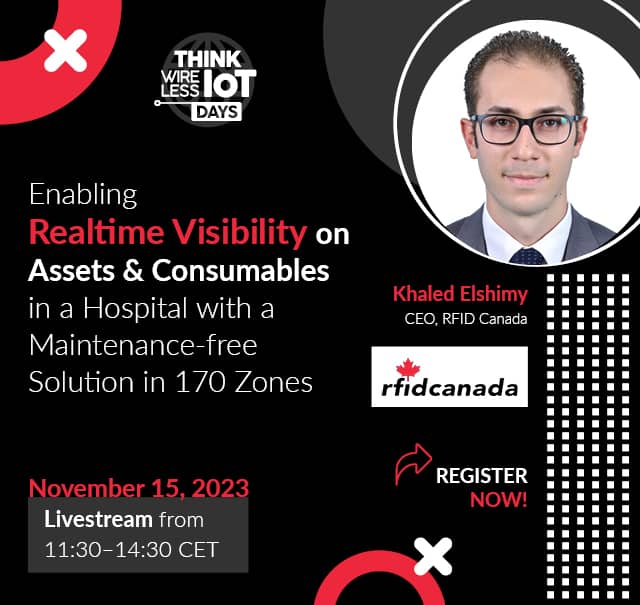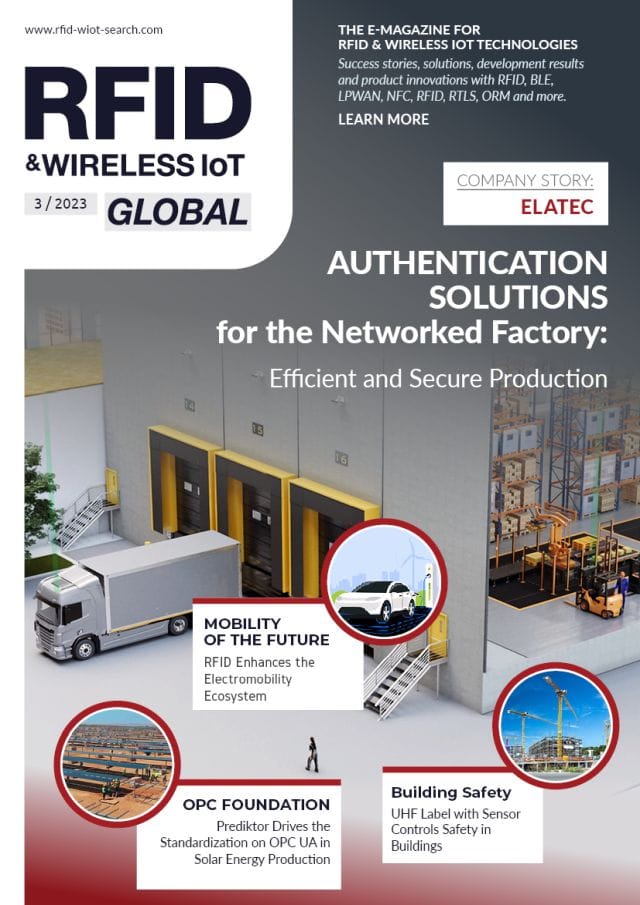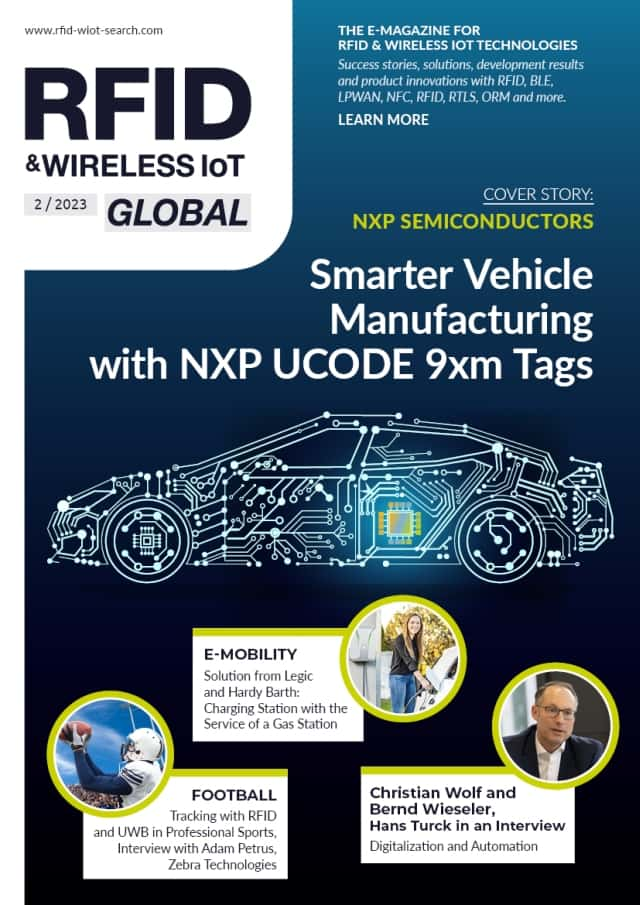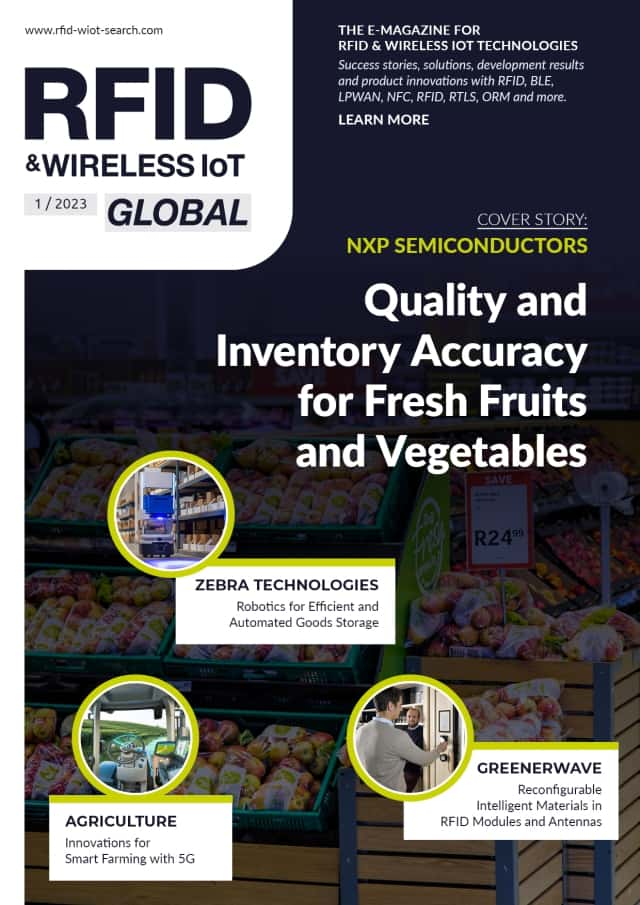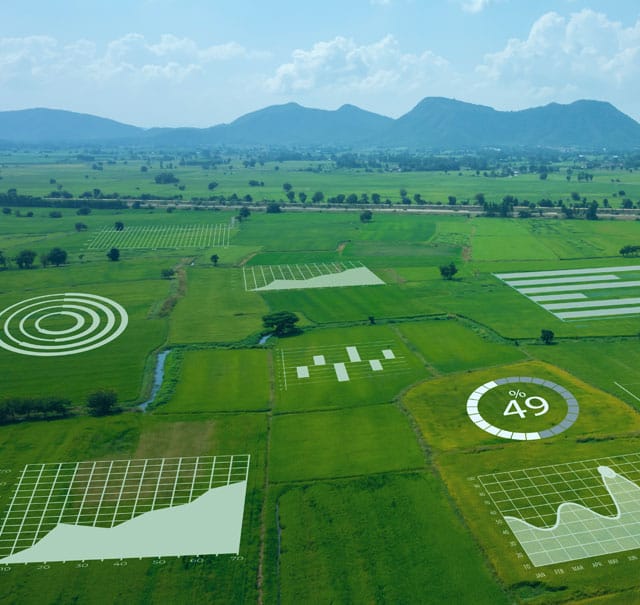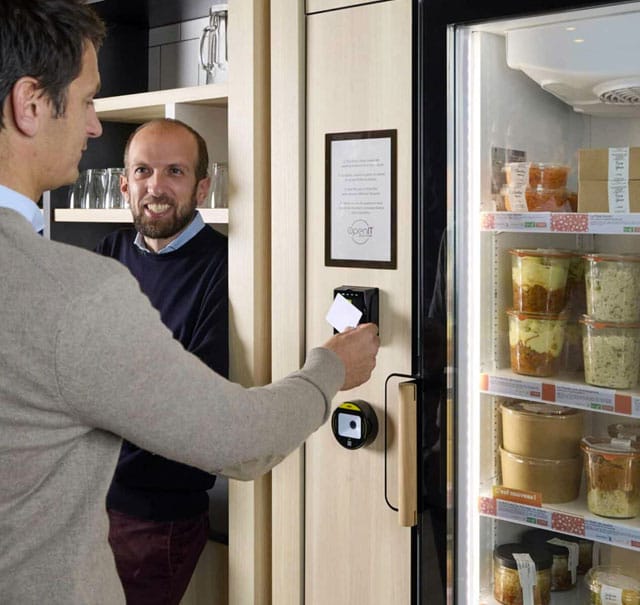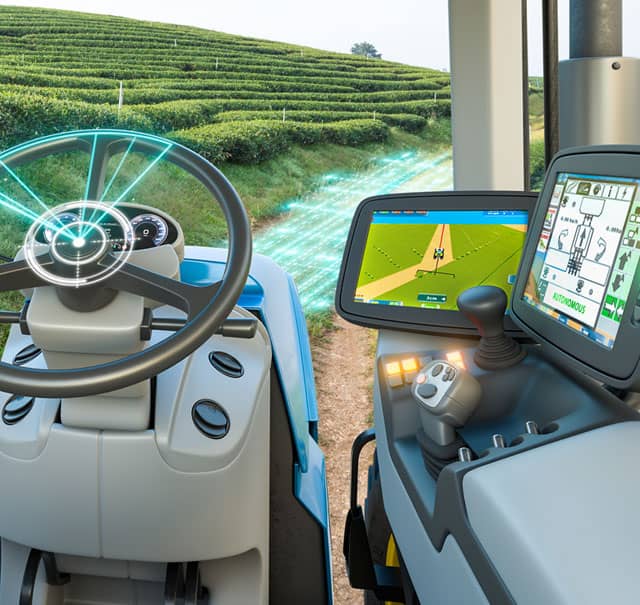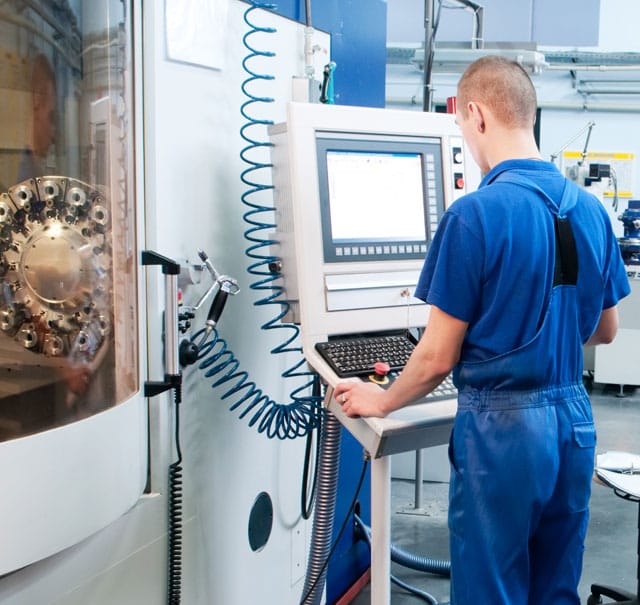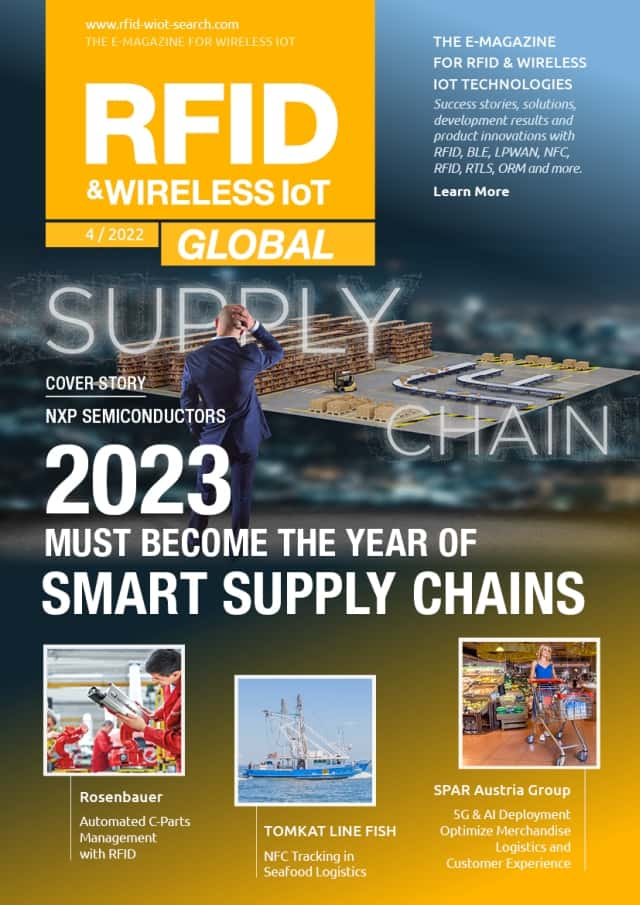Smart City Applications: Development potential and areas of conflict in the use of sensor technology and mobile data!
The city of Bamberg will receive a total of 15 million euros in funding over a seven-year period from the Federal Ministry of the Interior as part of the federal program 'Model Projects Smart Cities'. The Otto Friedrich University of Bamberg's contribution includes an interdisciplinary laboratory in which doctoral students from various disciplines will be involved in the projects of the city of Bamberg.
The aim is to involve students and citizens. Initially, test phases, so-called trial balloons, will be carried out for the duration of one semester, as Prof. Dr. Daniela Nicklas, an expert in mobility sensor technology and data acquisition in smart cities, reports in an interview with RFID & Wireless IoT Global.
The head of the TAO (TechnologieAllianzOberfranken) Chair of Computer Science, in particular Mobile Software Systems/Mobility at the University of Bamberg gives an insight into areas that are important with regard to the hardware used, data acquisition and usage in order to be able to implement sustainable solutions.
How can Sensor Data be Used Sensibly and Safely?
The technical research focus of the Smart City Research Labs on mobile and sensor-based applications in the field of Smart City is the cost-effective and data protection compliant usage as well as the verification and assurance of high quality data. In addition, societal, social and urban planning aspects are also investigated.
Data Quality is Context Dependent
IIn smart city applications, measurement results from sensors must be evaluated in a differentiated manner.
"Collected data varies depending on the environmental conditions and must therefore be considered in context. At the Otto Friedrich University of Bamberg, we are working with other research institutes to develop long-term methods for determining the quality of sensor data and the effects of environmental conditions so that the data can be processed correctly," explains Prof. Nicklas.
"The quality of data is essential for every application – because many users wrongfully and blindly trust the measurement results of a sensor".
Area of Conflict: Costs and Data Quality
In principle, cities and municipalities are required or forced to keep investments in smart city technologies as low as possible. For this reason, inexpensive sensors are often used.
"Smart cities and rural smart regions rely on low-cost sensors because – in contrast to industrial use – there is no monetary gain to be made from data acquisition. The focus lies on optimizing the quality of life and the security of citizens," explains Prof. Nicklas. Consistent data acquisition in permanently comparable quality is a high hurdle, especially when using sensors in outdoor applications.
"More than one source is required to verify data qualitatively. Ideally, different sensors with different measuring techniques are installed or the knowledge about the exact effects of the environmental conditions on a sensor is available in advance." Another possibility is crowd sensing, where smartphone-based data or citizen observations can be directly included in the analysis, if the appropriate consent is given.
Privacy and Data Protection Must be Guaranteed
The key challenges in the collection, analysis and use of mobility data are the obligation of data economy, so that only the data that is really needed is collected and processed. The same commitment must apply to the preservation of privacy. "Movement patterns of citizens are highly sensitive data, as personal preferences and areas of life can be revealed. To ensure that no conclusions can be drawn about a specific person, data protection-compliant security must be guaranteed," explains Prof. Nicklas.
Municipalities are interested in overarching group behavior, as this contains valuable information for optimizing the quality of life for citizens, rather than for a single individual.
Obfuscation of Individual Data e.g. through K-anonymity
To make data anonymous before it is analyzed, obfuscation methods can be used. "K" here stands for the number of people with whom an individual can be confused, i.e. the size of the group. There are several ways to maintain anonymity. For example, the number of persons and age range can be generously specified. In the case of movement patterns, the start and end points can be left out or only standard cases can be considered," explains Prof. Nicklas.
But the integration of obfuscation methods in the software must be actively implemented in advance in accordance with the privacy-by-design approach.
Conclusion: Data Sovereignty and Exchange of Experience are Key
"The technologies available today show enormous potential. However, specialists and external consultants are important for the decision-making processes in smart city applications, especially when authorities do not have local experts. Smart cities and smart regions should maintain their own data sovereignty and learn from the mistakes of others. It is extremely important that cities exchange information and share their experiences with each other and that municipalities are not left alone in their endeavors. Resistance from an enlightened population can also be very helpful and positively influence and promote the development process," summarizes Prof. Nicklas.
Outlook: Localization of Cows
"We are also currently working on a project on mobility sensor technology within agriculture. Although sensor technology is already widespread in animal stables – for example, to monitor the health of the animals – it has not yet been used on pastures. The project should enable farmers to return cows to the pasture for grazing,” reports Prof. Nicklas. The goal is to integrate the sensors into herd management systems.




